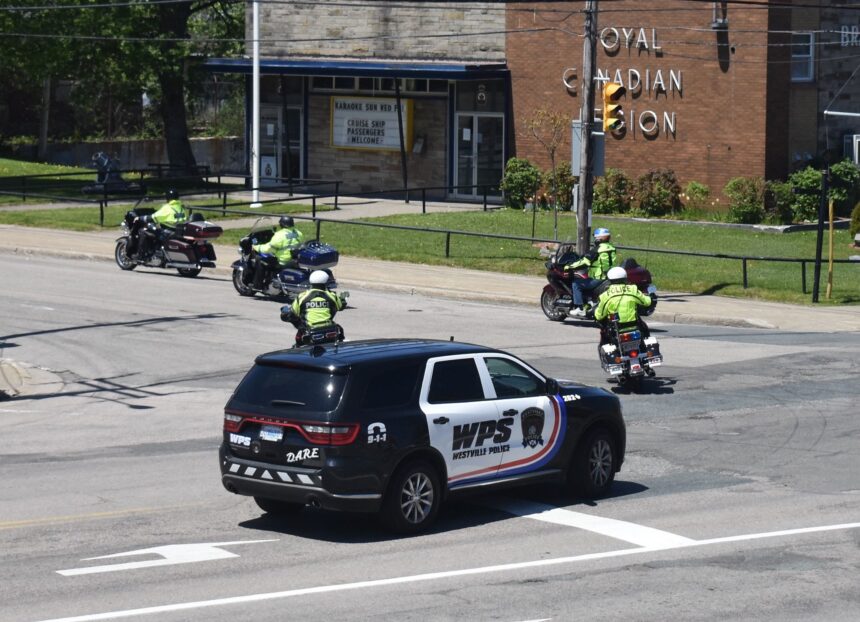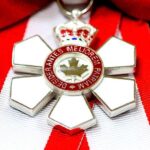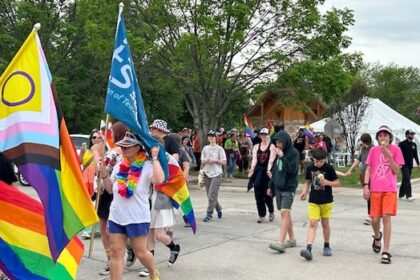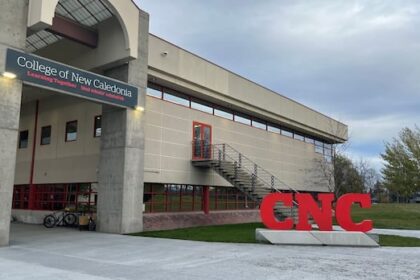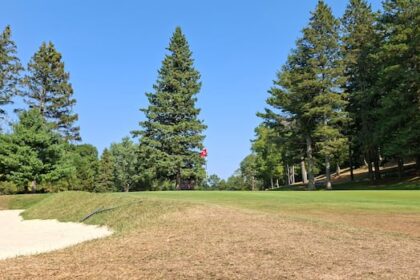Article contentDuring that event, a smile and laughter lit up Park’s face when veteran Nelson Deveau leaned in and said something to her in Korean. “I told her, it rains a lot,” he said.Article contentIncidentally, Deveau speaks English, French, and German fluently. In addition to knowing some of the Korean language, he can also speak some Italian.Article contentABOUT THE KOREAN WAR VETERANSArticle contentBorn in Weymouth, Digby County, in November 1933, Nelson Deveau joined the Canadian Army in 1951. In 1953 he went to Korea, where he drove an ambulance transporting the wounded from the front line to a forward field dressing station. Those experiences often revisited him in nightmares.Article contentHe returned to Canada in 1954. He also had three tours in Germany, serving with the Canadian Army Transport Company. He also spent time stationed in Halifax, Gagetown and Borden. He retired from the military after 25 years of service.Article contentArticle contentGlendon Gavel, of Gavelton, Yarmouth County, had a 25-year career in the Canadian Army. Born in 1932, he joined the military at the age of 18. He was with the Royal Canadian Regiment (RCR), an infantry regiment of the Canadian Army. He did basic training at the Petawawa base in Ontario and advance training at the Wainwright base in Alberta. He also received training in Japan for fighting in Korea.Article contentGavel went to Korea in 1951 as a rifleman just after the war was declared, staying until 1953. He spent time on the front line, was a Lance Corporal and says they lost a lot of men. Once during fighting, he was cut in the head after shrapnel went through his helmet. At times he could see enemy soldiers just yards away from him.Article contentAfter Korea, Gavel served in Canada and did a tour in Germany. He also became a Master Warrant Officer. Sitting in the Honey Bees restaurant on June 25, 2025, he still questioned the Korean War, its purpose, and its results.Article contentArticle contentLeslie Muise, born in November 1932 in Rocco Point, Yarmouth County, joined the Canadian Army in 1951, serving in the antiaircraft artillery regiment. In November 1953 he had the option to volunteer to go to Germany or South Korea. He chose South Korea. By then the fighting had stopped, but he was in constant standby in case of renewed fighting.Article contentMuise came back to Canada in May 1954. He left the Army and joined the Navy, serving in the Signal Corps until 1963. His ship was decommissioned and afterward, he was stationed in Shelburne County for three years. He later left the Navy and rejoined the Army. He retired from the military in 1977 after 26 years of service.Article contentBob Garron, born on May 8, 1934, was a native of Brier Island, Digby County. In 1951 he joined the Canadian Army serving in the artillery regiment. He went to Korea in January 1953. His unit was attached to the Royal 22nd Regiment also known as the Van Doos, which was subjected to intense bombardment.
‘I feel like theyre my family’: South Korean-born Yarmouth resident thankful to Korean War veterans
